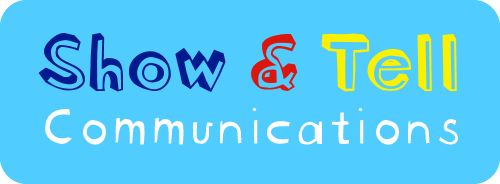If you had a direct channel to your target audience, wouldn't you do your best to nurture it? Wouldn’t you be respectful? After all, treated properly, this place could provide you with customers forever.
But no.
Marketers don’t do this.
As soon as they find a place where they can reach their customers, they destroy it. They poison the waterhole and chase everyone away.
It happens repeatedly on social sharing platforms.
Take Twitter. A simple, elegant service that is being choked by a flood of "promoted content”. My feed is full of the stuff. Overfull. As a result, I pay less attention to Twitter.
YouTube is under threat too. Part of me dies every time a dull, irrelevant advert appears in front of a video, especially if I’m denied the opportunity to skip past its vomit-inducing banality after a few seconds. And I feel like smashing my keyboard over my desk when a video I’m watching is abruptly interrupted by ads that offer no way of avoiding them—other than by abandoning the video altogether. I’d rather peel off my own face than endure the ad. YouTube knows this. It has launched YouTube Red in the US—a service that allows viewers to watch ad-free content for $9.99 a month, and leave their facial skin where it is.
Pause for a moment.
YouTube is going to make money by offering people an escape from the deep frustrations posed by the advertising on its own platform. That’s how annoying marketing has become on YouTube.
Podcasting is going the same way. Shows are being stuffed full of blatant ads or (worse) “native advertising”. Those are advertising segments in which the podcast host does an interview with the sponsor or spins a yarn about how their lives have changed in wondrous ways because of the sponsor’s product. It’s all rot. It’s all phoney. And it’s all intrusive. There are a number of podcasts I can’t bear to listen to any longer because of the seemingly endless sponsor bottom-kissing that goes on. I’m sure I’m not the only one.
I hold shortsighted marketers responsible. Their behaviour is destructive. Instead of nurturing a herd that will feed them limitlessly, they kill the whole lot off in one hit for a single, wasteful meal.
Maybe it’s the Prisoner’s Dilemma at play. The mutually beneficial thing to do would be for everyone to behave and treat online social sharing platforms with dignity. Instead, isolated from other marketers, individuals decide to act purely out of misguided self-interest and take as much as they can before anyone else does. The result is an unsightly feeding frenzy. Unsurprisingly, the audience bolts to safer havens. Only for the process to repeat itself.
Marketing has always been a creative endeavour. Right now, much of it is creative in the same way that designing poison is creative.
Wouldn't it be better to treat social sharing platforms and their users with more respect?
—Roger—


